As you may have read, the winner of the B Grade Piobaireachd at Sunday’s Atholl Gathering was Charles MacDonald from Inverness (pictured above on his way to victory). His tune was the Lament for Captain MacDougall, writes the Editor.
He had a lovely pipe as far as could be discerned through the discordant hum of the bouncy castle generator directly opposite the platform. Charles’s finger was good apart from the odd tight crunluath. His variation 1 doubling would be improved musically if he pushed on to the grip rather than paused on the note before, but he was consistent throughout. Hint of rushing towards the ends of the T&C doublings. Fine performance from a fine piper.
Second went to a very good MacDougall’s Gathering from Calum Wynd. Not an easy tune to portray or to finger, but Calum pulled it off. He lost focus on the theme notes in the T&C doubling a little and this, and a slightly less tuneful bagpipe than Charles. was the deciding factor between first and second.
Sweet musicality came from John McDonald, Aberdeen, placed third for his interpretation of Too Long in the Condition. Shorter than other tunes submitted in the class yes, but John made the most of its eight minutes, flowing effortlessly between phrase and subtly increasing tempi as necessary. The chanter was sharp on high A and at times on F. The rising figures from F to high A and from E to F in the urlar were a fraction this side of abrupt.
Cameron MacDougall made a successful fist of the lengthy and challenging Lament for the Duke of Hamilton for fourth. The ground would have created a better impression had he treated the E before the D in bar one and throughout (erroneously written as a cadence E in Kilberry) as a full note. There was a minor E for F slip about 2/3s of the way through and he dropped one or two crunluaths. That apart, deft fingerwork.
The final prize went to the talented Edward Gaul with Lady Margaret MacDonald’s Salute. Steady playing on a good instrument from Eddie. Variation 1 would be improved with a more pronounced treatment of the four note pre-cadence grouping and the GDE triplets were very tight (nerves?).
Mentions in dispatches to Ben Duncan who had a good stab at Hail to My Country but who was stilted in places due to a tendency to play to feet. This was something quite a few of the contestants were guilty of. It may help in ceol beag, but for the successful delivery of ceol mor it has to be ‘head, heart, fingers’ not ‘head, feet, fingers’. Sarah Muir produced a clean enough performance but her My King Has Landed in Moidart lacked the required vitality and the bottom hand of the chanter did not project. Kris Coyle started well with the Viscount of Dundee but needs to work on chedari and the connecting notes were over done in Variation 2. Kris stopped after a small choke.
Jamie Elder gave us Hiharin Dro o Dro and phrased it just as one would wish, until, that is, the taorluath where the fingers tightened up and the required push to the second pulse was absent. Nice pipe. Bruce MacDonald has excellent hands but needs to get some detailed expression into MacLeod of Raasay if he is to be successful with it. Ashley McMichael started well with MacKay’s Banner but there was a randomness about the Thumb doubling and a lack of focus in the T&C which did not find favour with the bench.
An ability to play successfully in a top-level pipe band and then transfer that success to the solo platform is a preserve of uniquely talented individuals. There was evidence at the Atholl Gathering that some are struggling to cope. Maybe these pipers have to accept that they cannot do both. Such are the demands in Grade 1 these days that time for practice becomes split between disciplines. Invariably it is the solo work that suffers or the piper will very quickly find he/she is no longer at the trigger in the usual place in the band’s ranks.
Yet to play piobaireachd well requires thought, diligent practice and an innate sense of expression. It is unlike any other branch of pipe music, placing unique demands on the performer. There is no drum corps to help with timing, no foot that can be employed to keep your music on track.
As regards the overall contest it was a very enjoyable day. Stuart Shedden and I took only a few moments to arrive at our unanimous list even though our class was far longer than any of the others with 19 pipers forward. B minus players should have been playing with the C grade and our prizewinners could have given a good show in the P/A/ Open grade. Time the CPA had a look at their grading system and why is there no input to it from adjudicators, the individuals best placed to offer advice? This should be something positive for the Solo Piping Judges Association to pursue.
• Get full results from the Atholl Gathering here. Check out the rest of the games season by accessing our Guide to the Games here.


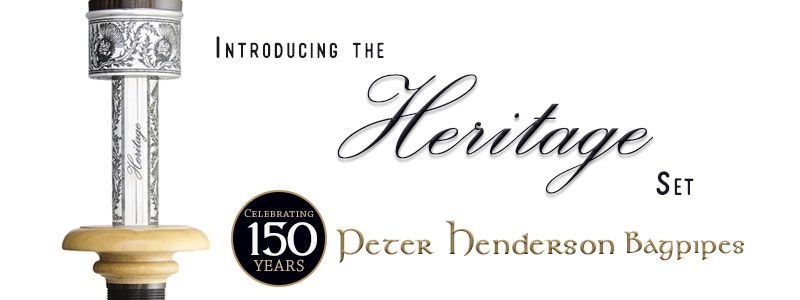

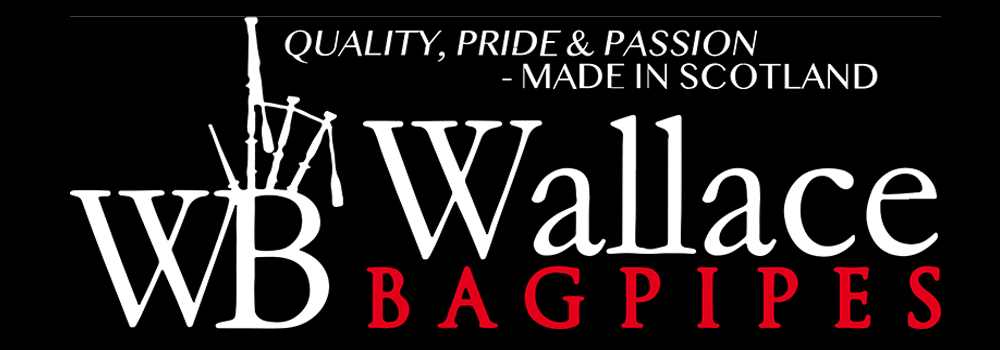




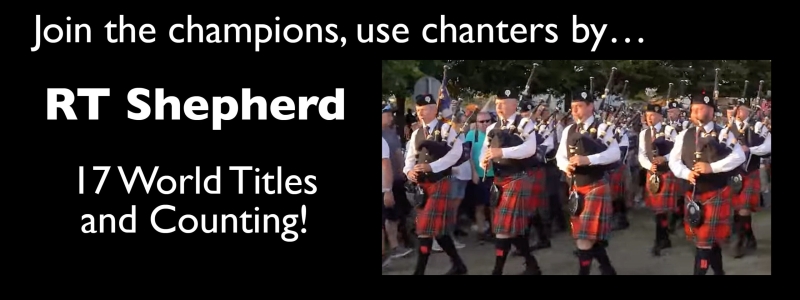


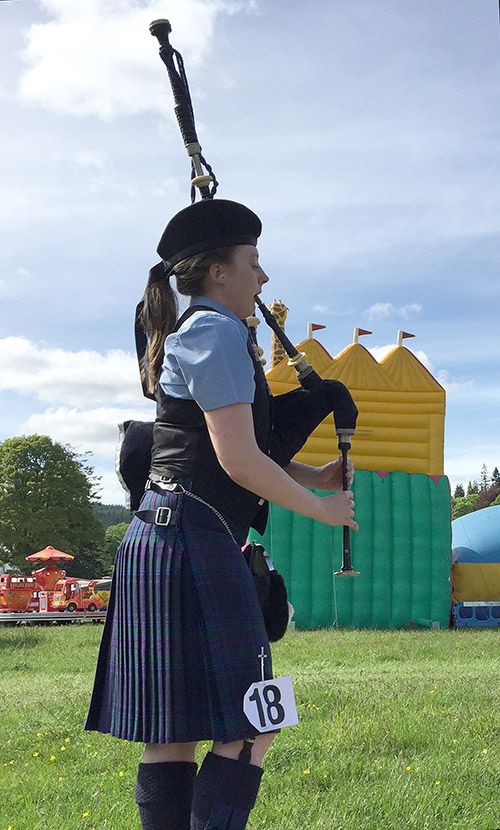



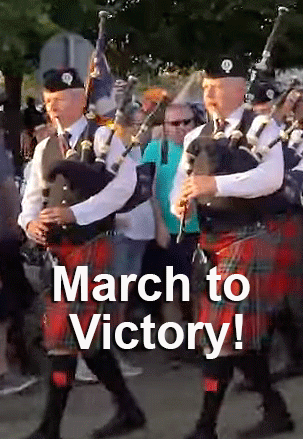







The WUSPBA uses a music committee who annually take into consideration judge’s grading recommendations that are on the score sheet copies delivered to the steward. They are not visible to the player, which seems a bit odd.
What? Are there no adjudicators comprising the grading committee? If not then who is? That can’t be right.